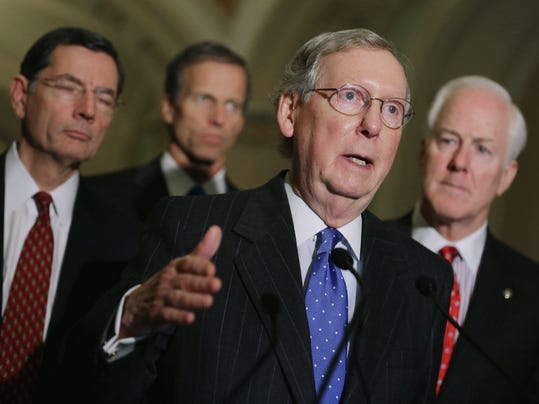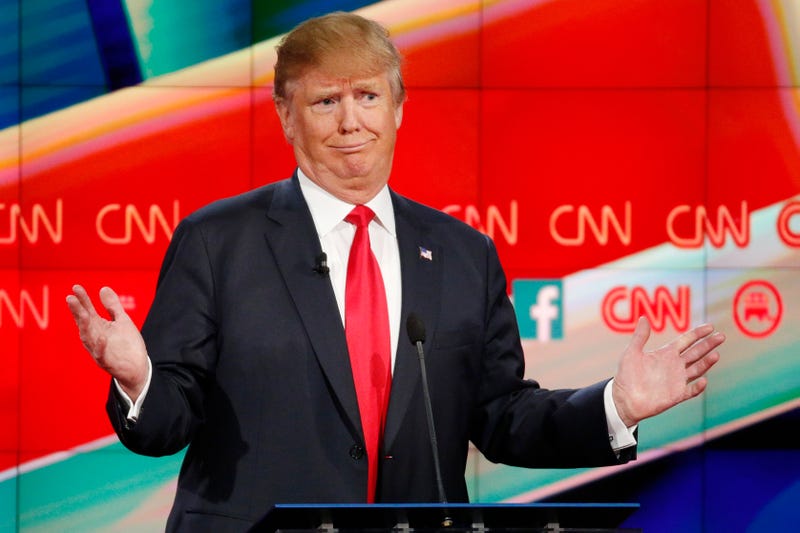 |
| Dreamtime image: Photographerlondon |
We’ll remember 2016 as the year no one in politics wanted to confront reality.
Let’s hope 2016 will someday be remembered as the culmination of a long era of bipartisan American denial.
This election marks the end of Barack Obama’s presidency, an eight-year stretch during which the White House kept insisting that things weren’t as bad as they seemed, that the solution was just around the corner, that things were getting better, and that anyone who said otherwise was just a dishonest partisan. “Recovery Summer.” “The system worked.” “If you like your plan, you can keep your plan.” “ISIS is a jayvee team.” “The world has never been less violent, healthier, better educated, more tolerant, with more opportunity for more people, and more connected than it is today.”
Hillary Clinton denied that she had any classified information in her private e-mails, unconvincingly acted like she didn’t know what “wiping” a server meant, insisted that FBI director James Comey had called her “truthful,” denied that she’d called the Trans-Pacific Partnership the “gold standard” of trade deals, and, when asked whether she had ever lied to the American people, answered, “I don’t believe I ever have! I don’t believe I ever have, I don’t believe I ever will.”
Democrats remained in denial about their front-runner’s weaknesses, and about the staleness of their agenda. They insist ISIS can be defeated with vague talk of an “intelligence surge.” That another round of infrastructure spending — one suspiciously similar to the stimulus passed early in Obama’s first term — will spur new economic growth. That Hillary Clinton will increase Social Security payments to widows and to those who took paid family leave during their career, expand Obamacare, provide two years of tuition-free community college, allow existing student loans to be refinanced at lower rates, and reduce the deficit, paying for it all by getting the rich to “pay their fair share.” It’s all familiar because Democrats have tried it all before, and it’s never worked.
Republican officeholders remained in denial about the mood of the party’s primary voters and the condition of their lives. Heroin and opioid addiction weren’t faraway problems. Far too many small-town Americans were gripped by the collapse of the family, the disappearance of jobs, the spread of addiction, and spiraling debts. Republican candidates went on campaigning as if it were any other election, and they paid the price when millions of these struggling Americans turned to Donald Trump as a political savior.
Trump’s supporters, meanwhile, remained in adamant denial about the flaws of their preferred candidate. He knew little about the details of policy and had no interest in learning. He didn’t know what he didn’t know, and he didn’t care that he didn’t care. His offensive rhetoric alienated African Americans, Latinos, Millennials, and many women — all demographics that Republican leaders had previously wanted to win over, to the extent they could. Wealth and power had insulated him from most of the ordinary hardships of life. But he knew resentment and vindictiveness when he saw it, and he knew how to turn it to his own advantage.
Well, up to a point, anyway. ...Read the rest from Jim Geraghty HERE.
If you like what you see, please "Like" us on Facebook either here or here. Please follow us on Twitter here.





No comments:
Post a Comment